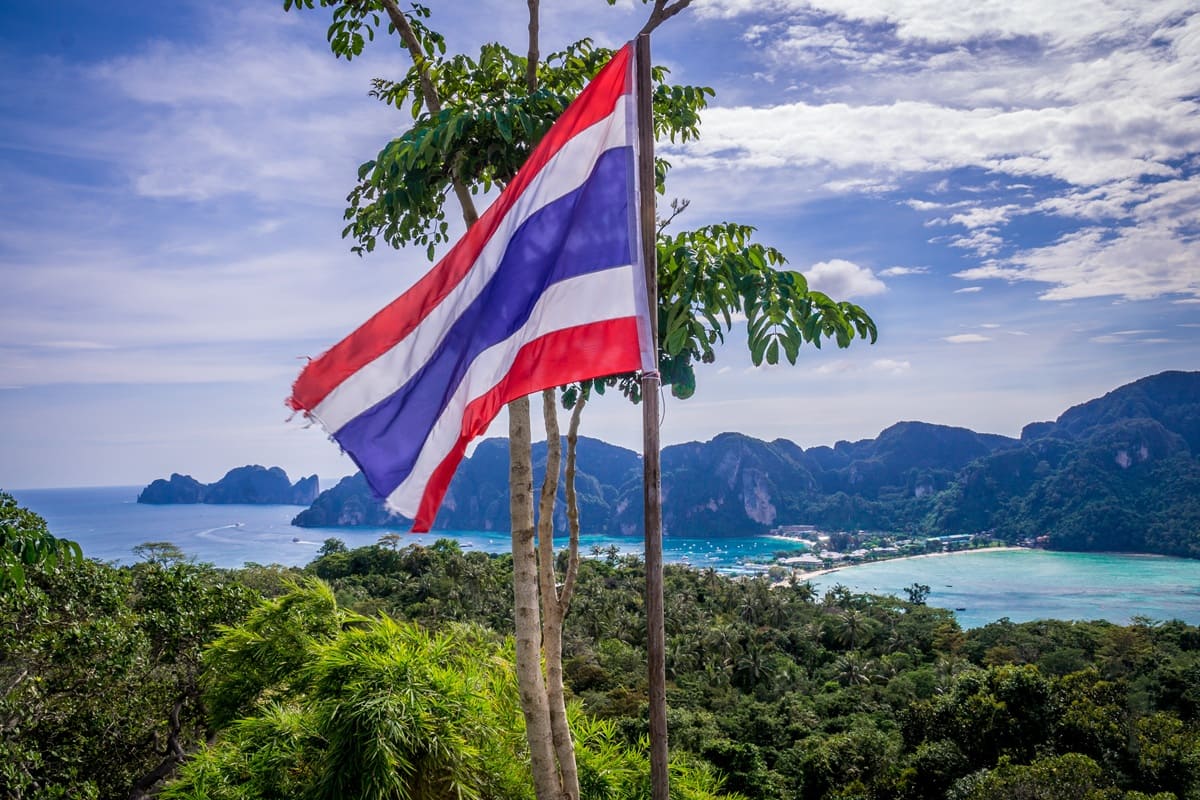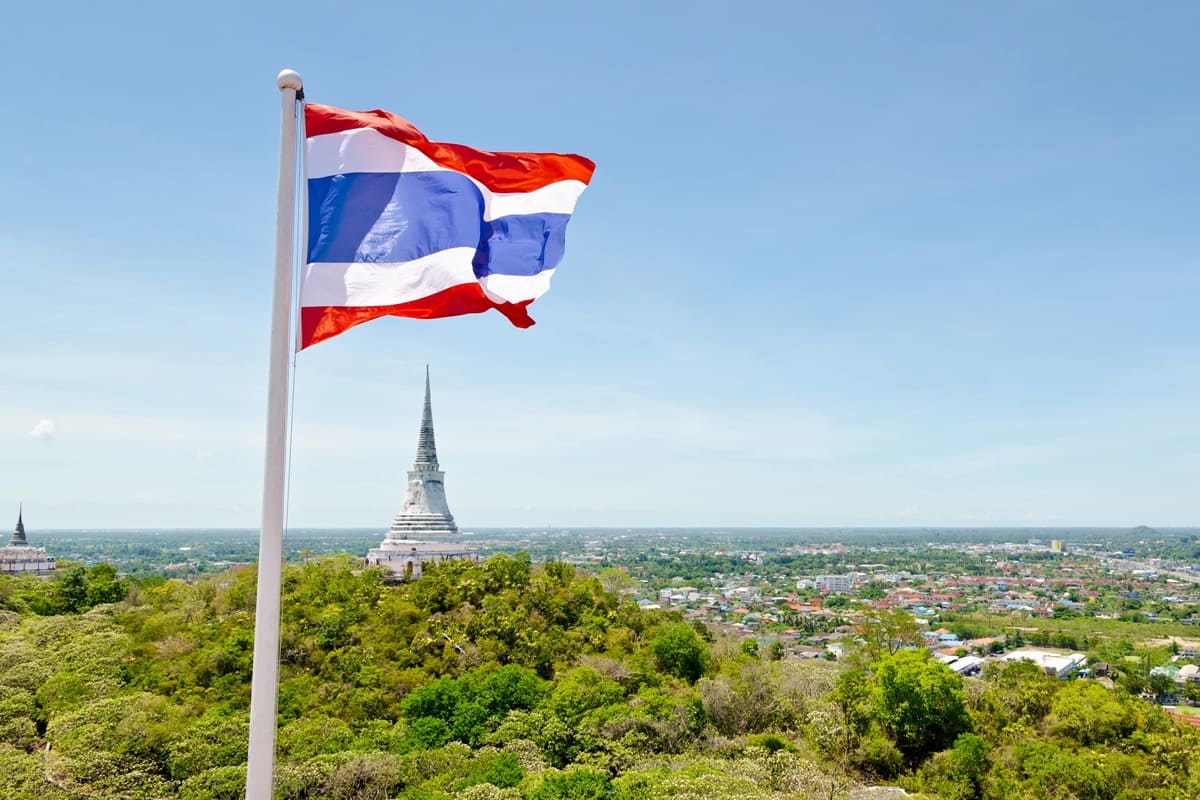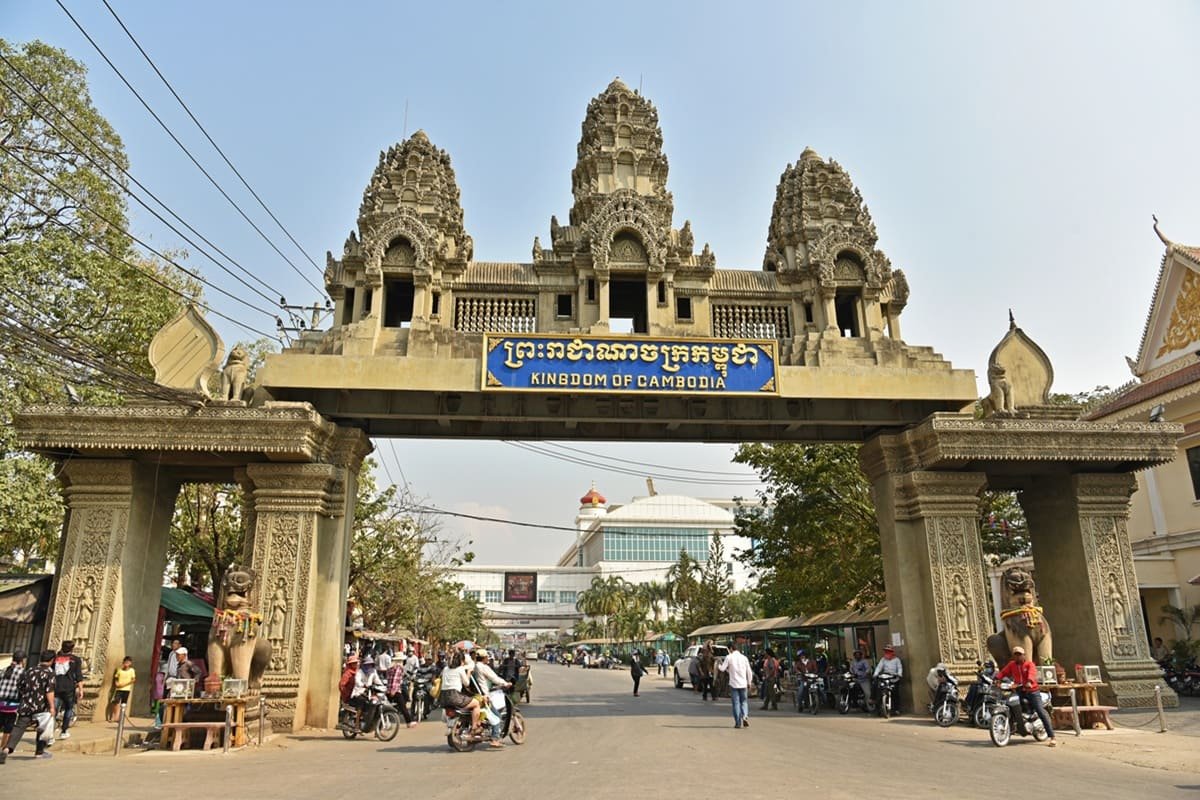A measure under discussion, but nothing definite. The Ministry of Foreign Affairs confirms that no changes have yet been made to the possible reduction of visa-free stays in Thailand from 60 to 30 days. A review is certainly underway, but as part of the usual procedure.
While the possibility of a reduction in the length of visa-free stay in Thailand – from 60 to 30 days – has been the subject of debate in recent days, the Ministry of Foreign Affairs has been keen to clarify the situation.
Asked by a journalist at his weekly press briefing about this possible reduction in the length of stay authorized under the visa-free regime, the Director-General of the Department of Information and Spokesperson of the Ministry of Foreign Affairs, Nikorndej Balankura, said that no decision had yet been taken.
It doesn’t affect anybody yet because that no decision has been made so far.
Nikorndej Balankura – March 21, 2025
Since the extension of this policy in July 2024, concerns have emerged about misuse of visa waiver in Thailand by some foreigners working illegally or carrying out undeclared business activities on the territory…
Visa exemption in Thailand: a routine review of the measures in place
Nikorndej Balankura explained that the Thai authorities, notably the Ministry of Foreign Affairs and the agencies concerned, are striving to maintain a balance between facilitating entry into the country and security imperatives.
According to the Thai diplomatic Spokesperson, this balance involves measures such as simplified procedures, the use of innovative technologies, and rigorous entry controls.
The current visa policy, in force since July 15, 2024, is subject to a biannual review as soon as it is launched. With this in mind, the authorities have been evaluating the existing measures since January.
The review of the visa measures is a normal exercise from time to time.
Nikorndej Balankura – March 21, 2025
No changes before government approval
A meeting of the Visa Policy Committee was held, and a sub-committee was set up to gather data and make proposals on various visa-related measures, including the 60-day visa waiver for visitors from 93 countries.
However, the decision-making process follows a well-defined procedure. All proposals must first be validated by the Visa Policy Committee, then submitted to Cabinet for approval.
“I reassure you that no decision has been made at this stage,” Nikorndej Balankura insisted, inviting the media and anyone interested to find out more from the agencies directly concerned, namely the Immigration Bureau and the Ministry of Foreign Affairs.
A revision with multiple stakes
Beyond a simple technical update, this revision is part of a broader reflection on the management of migratory flows in Thailand. While visa exemption remains an important lever for stimulating tourism, it also raises issues of control, particularly in the face of abuses linked to undeclared professional activities.
In this context, the introduction of an Electronic Travel Authorization (ETA) or the Thailand Digital Arrival Card (TDAC) could be interesting ways of reconciling ease of entry with better visitor traceability. The challenge for the authorities will therefore be to maintain the attractiveness of the country, which has welcomed over 35 million international visitors in 2024, while tightening the safeguards, without putting the brakes on the recovery in tourism that has begun since the pandemic.







